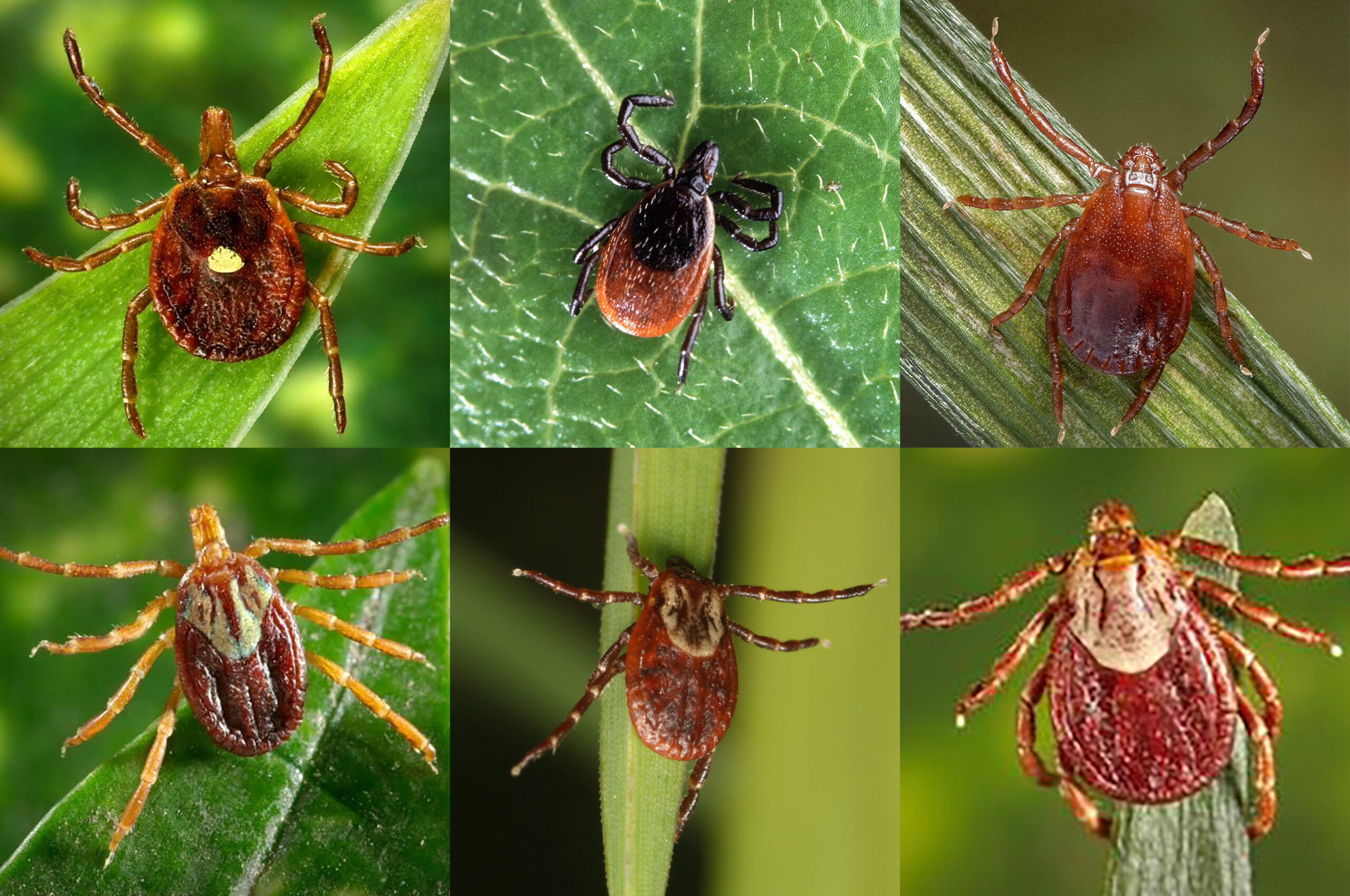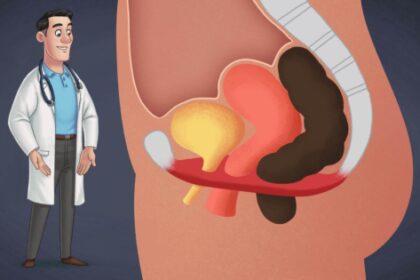Do you have a special dog in your life?
asites.
If you are here, reading this article, I bet you do. Or maybe someone you love has a dog or puppy that you are quite fond of. So fond of maybe… that you allow, and maybe even love, getting those wet, sloppy kisses all over your face every time you guys see each other. Well, I am here to tell you that those doggy kisses could be harmful to your health! I know, it’s super unfortunate… but it’s a real thing! Here are some interesting facts about this dog-gone bad news.
Dogs can carry various types of parasites that can be spread to humans – Here they are –
- Giardia: A protozoan parasite that is found in soil, water, and food contaminated with the feces of infected individuals. It can cause gastrointestinal illness in humans, known as giardiasis. Here are some health issues that Giardia can cause in humans:
- Diarrhea
- Abdominal pain and cramping
- Nausea and vomiting
- Fatigue
- Decreased appetite
- Weight loss due to malabsorption of nutrients
- Dehydration
Giardiasis is typically treated with antibiotics prescribed by a healthcare provider, and symptoms usually resolve within a few weeks. However, some people may experience long-term symptoms, such as fatigue and abdominal pain, even after the infection is cleared.
- Roundworms: Roundworms are intestinal parasites that are common in puppies. Roundworms can cause a variety of health issues in humans, including:
- Intestinal Infections
- Migration of Worms(yes, it’s exactly what it sounds like and I’m going to save you the details, you’re welcome)
- Malnutrition
- Allergic Reactions
- Chronic Infections, which can lead to more serious health problems, such as liver or lung damage.
It’s important to note that not all roundworm infections in humans cause symptoms, and some people may be asymptomatic carriers of the parasite. However, it’s essential to seek medical attention if you suspect you have a roundworm infection, as treatment can help prevent complications.
- Hookworms: these are intestinal parasites that feed on the blood of dogs. They can also cause a range of health issues in humans, including:
- Intestinal Infections
- Skin Infections
- Respiratory Problems
- Malnutrition
- Cognitive and Physical Development Delays in children
- Iron-Deficiency Anemia
Fortunately, not all hookworm infections in humans cause symptoms, but some people can be asymptomatic carriers of the parasite. It is essential to seek medical attention if you suspect you have a hookworm infection, as treatment can help prevent complications. Prevention measures, such as wearing shoes in areas where hookworms are prevalent and avoiding contact with soil that may be contaminated with feces, can also help reduce the risk of infection.
- Tapeworms: Tapeworms are intestinal parasites that can grow up to several feet long. They are transmitted through the ingestion of infected fleas or by eating raw meat. Tapeworms can cause a variety of health issues in humans, depending on the type of tapeworm and the severity of the infection. Some of the common health issues associated with tapeworm infections in humans include:
- Abdominal Pain
- Malnutrition
- Stunted growth in children
- Intestinal Blockage
- Allergic Reactions
- Invasion of Other Organs (again, I’ll save you the details, it’s exactly what it sounds like.)
- Neurological Symptoms such as seizures and headaches.
Again, not all tapeworm infections in humans cause symptoms, and some people can be asymptomatic carriers of the parasite. It is essential to seek medical attention if you suspect you have a tapeworm infection, as treatment can help prevent complications.
- Whipworms: Whipworms are intestinal parasites and can cause a range of health issues in humans, including:
- Intestinal Infections
- Malnutrition
- Stunted growth in children.
- Rectal Prolapse which is a condition where the rectum protrudes through the anus.
(Sorry for that visual) - Bowel Obstruction
- Weakened Immune System
Once more, not all whipworm infections in humans cause symptoms, and some people may be asymptomatic carriers of the parasite. However, it’s essential to seek medical attention if you suspect you have a whipworm infection, as treatment can help prevent complications.
- Fleas are also considered parasites, and can cause health issues to humans such as:
- Red, itchy bumps on the skin of humans.
- Fleas can transmit diseases from animals to humans, such as murine typhus, cat scratch fever, and bubonic plague.
- Ticks are external parasites that attach themselves to the skin of dogs, feeding on their blood. Ticks can transmit several diseases to humans through their bites including:
- Lyme disease: A bacterial infection that is transmitted through the bite of an infected black-legged tick. Symptoms include fever, fatigue, joint pain, and a distinctive rash. If left untreated, it can lead to more serious health problems.
- Rocky Mountain spotted fever: This is a bacterial infection that is transmitted through the bite of an infected American dog tick or Rocky Mountain wood tick. Symptoms include fever, headache, muscle aches, and a distinctive spotted rash.
- Ehrlichiosis: This is a bacterial infection that is transmitted through the bite of an infected lone star tick. Symptoms include fever, headache, muscle aches, and fatigue.
- Babesiosis: This is a parasitic infection that is transmitted through the bite of an infected black-legged tick. Symptoms include fever, fatigue, and anemia.
- Tick-borne relapsing fever: This is a bacterial infection that is transmitted through the bite of an infected soft tick. Symptoms include fever, headache, muscle aches, and a rash.
In addition to these diseases, tick bites can also cause allergic reactions, skin irritation, and the formation of skin lesions. It’s important to take measures to prevent tick bites, such as wearing protective clothing, using tick repellent, checking yourself and your pets for ticks after spending time outdoors, and promptly removing ticks with tweezers.
Now that we’ve discussed that bit of gross information, I have even more for you. Consider that dogs lick their private parts and butts pretty frequently. They also enjoy smelling other dog butt’s and maybe even licking those too. Some dogs drink out of the toilet, and some even eat garbage. So, if the potential for getting a tapeworm hasn’t deterred you from letting your dog lick your face, I’m sure those other facts may make you reconsider.
Stay safe. Stay Healthy.
Recommended Reading:
Leading Veterinary Expert Reveals…
How THIS Strange “Wolf Secret” Discovered In Olive Groves Off The Coast Of The Mediterranean Could Help Fix Your Dog’s Digestive And Skin Troubles Fast!













